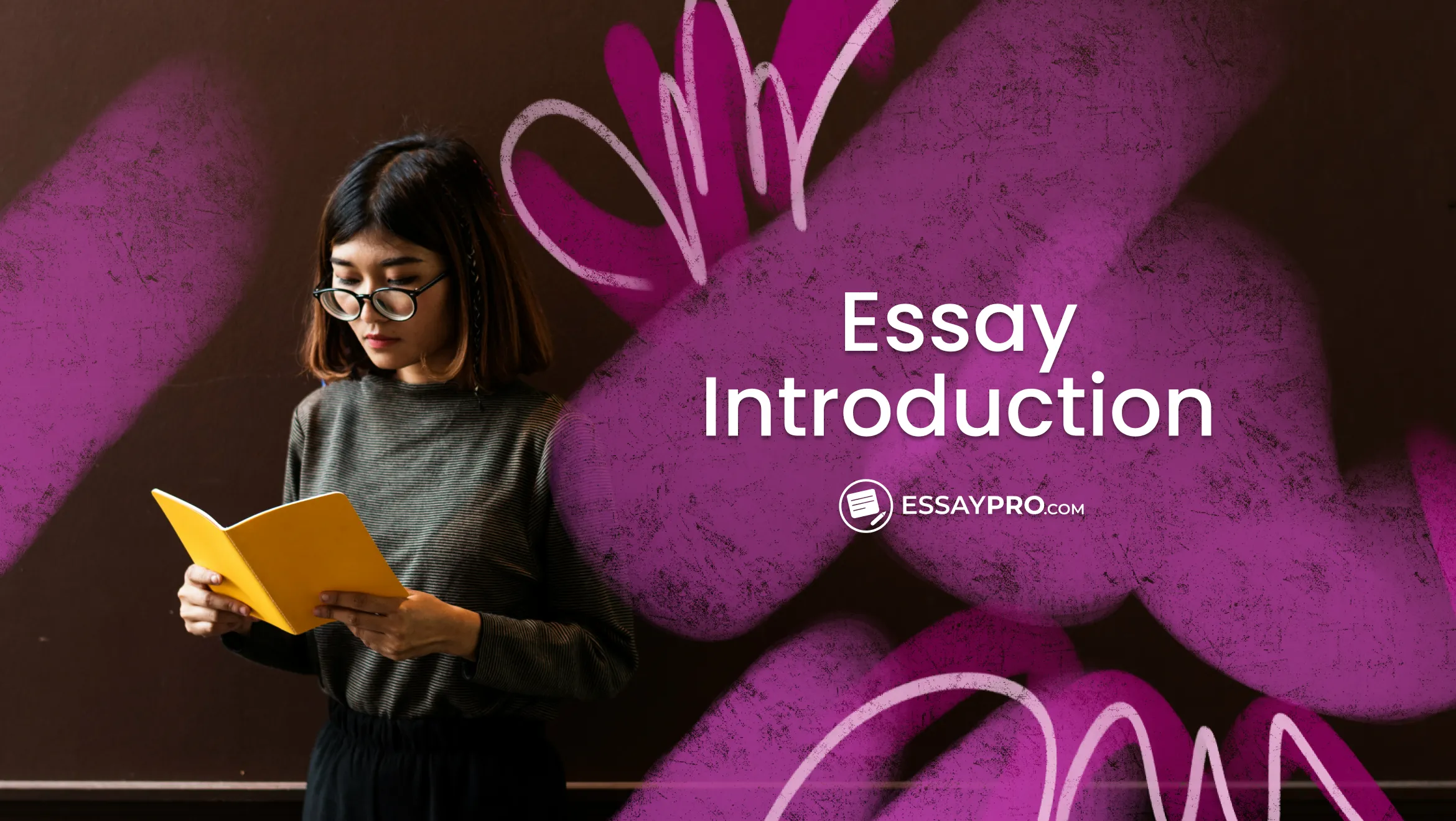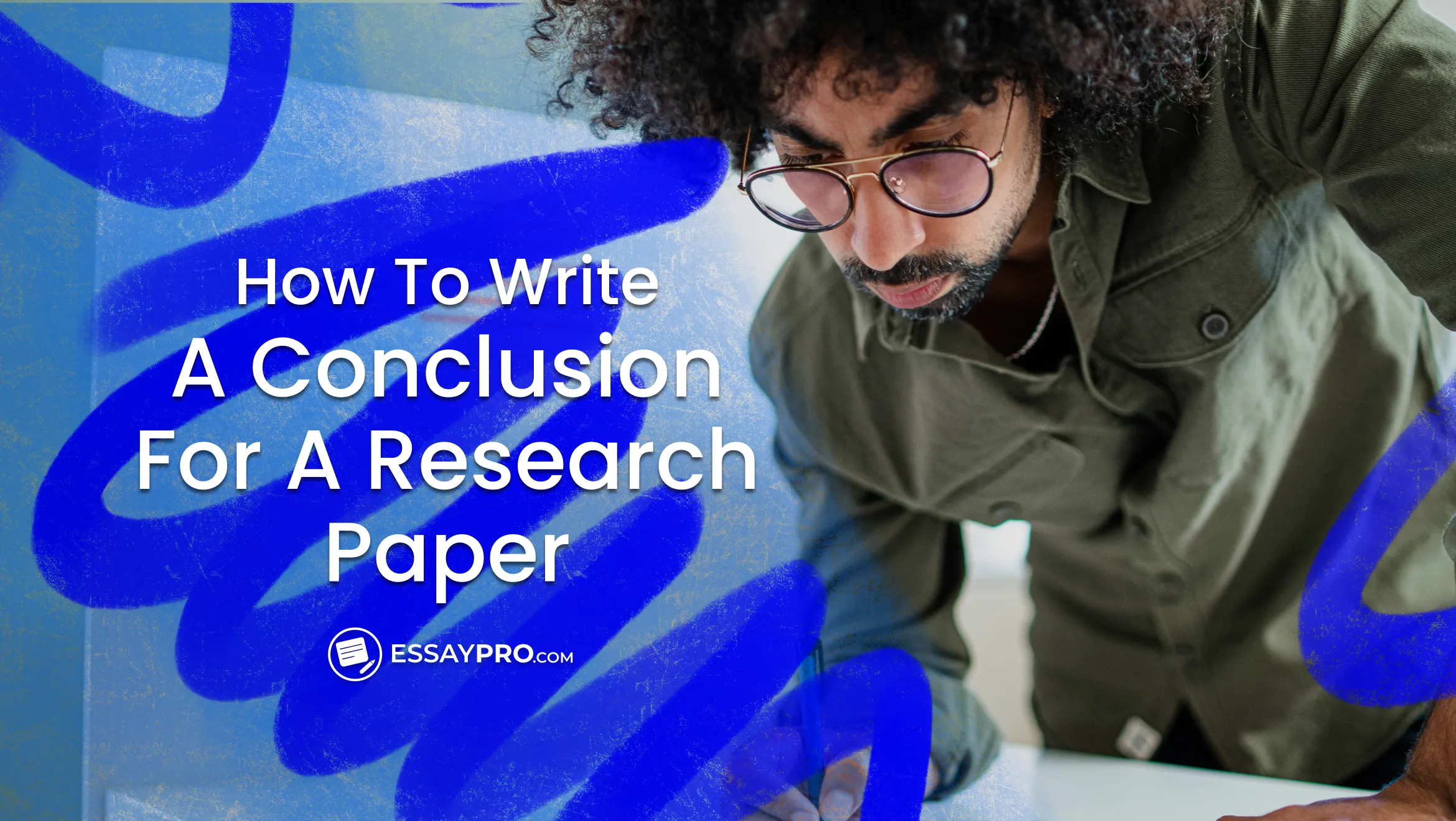You could spend hours scrolling through a hundred different articles and trying to find something that doesn't sound like it was written by a robot. You open a new blog, scan the first sentence, and suddenly, you're already reading the conclusion without remembering how you got started in the first place. That, right there, is what a good hook does. A snooze-worthy first sentence is the fastest way to lose your reader. But writing a good hook for an essay? That's how you pull even the pickiest reader in from the very first line.
You can start by following these simple steps:
- Ask a question your reader has to answer in their head.
- Share a shocking fact or statistic.
- Tell a short personal story.
- Start with a famous quote that fits your topic.
- Create a scene they can picture in their mind.
- Hit them with a bold statement
This article will teach you all about writing a hook in essay that will actually grab the reader's attention. But if you still can't bring yourself to write an engaging first line, you can always find professional writing guidance with EssayPro's essay helper.
What Is a Hook in an Essay?
A hook in an essay is your paper's first sentence or two. It's written to catch the reader's interest from the very beginning, so you make sure they're instantly invested in your topic. Your hook doesn't have to sound fancy or complicated. It just needs to be something strong that connects with your audience immediately and leads them straight to your main idea.
That's it. No drama or magic spells. Still, you can buy an essay from EssayPro's professionals whenever you find it hard to create an engaging opening for your paper.


Main Strategies to Create a Hook for Essay
The fun part is picking the right strategy that best fits your paper. There are many different types of essay hooks, and since there is no one-size-fits-all when it comes to choosing one, you have to mind the topic, your audience, and the tone you're going for. Looking at good hook examples can make this process easier, as they show how different openings set the mood for an essay. Here are some tried and tested strategies students use when writing a good hook for an essay:

- Ask a question
- Make a bold statement
- Use an interesting statistic
- Add a creative metaphor
- Tell a short story
- Paint a vivid description
- Include a famous quote
1. Question
This is arguably one of the easiest ways to hook the reader. Ask a question that you know will intrigue them, something they will have to have the answer to. Question hooks work because they actually make people feel like they're part of the conversation.
Example:
What would you do if you woke up tomorrow with no access to the internet?
2. Statement
This strategy isn't shy. It kicks the door right open. A statement hook sentence is for hitting your reader with a bold claim or a big idea right away. A strong statement is perfect when you want to sound direct and confident, making sure people sit up and pay attention to what you have to say.
Example:
Homework is doing more harm than good to students' mental health.
3. Statistics
Numbers are great at catching people's attention, even more so if they're unexpected or shocking. Statistic hooks show that you've done your research that your essay is rooted in. But don't forget to make sure all your sources are credible: you don't want to pull data from a random blog without an author.
EssayPro's dissertation writers can always help if you're struggling to find reliable sources or just can't format your citations.
Example:
Over 60% of students say they’ve pulled an all-nighter to finish an assignment. Most of them regret it the next day.
4. Metaphor
Metaphors are a classic writing trick, and not just because they sound clever. What makes them so powerful is their ability to turn simple ideas into vivid images your reader can actually picture. Instead of just telling them something, you show it in a way that sticks. Metaphor hooks turn your words into something memorable and hard to ignore; that's why they are so effective.
Example:
Social media is like a crowded room where everyone’s talking, but nobody’s really listening.
5. Story
People connect with people, not words on a page. That's why starting with a short, real personal story or a relatable moment can sometimes pull the reader in like no other hook. A tiny story can be all it takes to turn your writing from something readers read into something they feel.
Example:
Last week, I lost my entire essay because I forgot to hit save. Trust me, nothing teaches you about time management faster than starting over at midnight.
6. Description
Paint a picture with words and drop the reader right into the scene with a creative description hook. You can let them experience something personal that will help them connect to you. This strategy is particularly useful when setting the mood matters, such as in narrative or descriptive essays.
Example:
The clock was loud in the freezing classroom. Every student stared blankly at their empty page, waiting for inspiration that never seemed to come.
7. Quotation
There's nothing wrong with borrowing someone else's words as long as they naturally connect with the rest of your introduction. Starting with a quotation hook instantly adds credibility to your writing.
Example:
"Education is the most powerful weapon which you can use to change the world." — Nelson Mandela
Tips For Writing A Good Hook For An Essay
Let's talk about how we can actually get the most out of our hook ideas. Below, you'll see some simple yet game-changing tips on how to make a hook for an essay that grabs attention and keeps it:
- Treat your title like your very first hook
- Start in the middle of something exciting
- Make readers feel something
- Say something they don’t expect
- Leave them with a question
- Don’t overdo the description
- Keep the energy going after the hook
Treat Your Title Like A Hook
Your title is technically the first hook in essay that your reader will see, so don't underestimate its power. A boring title is a fast track to losing the reader. A strong title doesn't mean clickbait, though; all you have to do is come up with something that says what your essay is about, just in a way that instantly sparks curiosity.
Example: Instead of “The Benefits of Healthy Eating,” try “What Happens To Your Brain When You Stop Eating Junk Food.”
Start Right In The Middle Of The Action
Skip the long intro if you want to pull people in right away. Instead, drop them straight into the action like they're walking into a conversation that's already happening. It makes them want to know more. Fast.
Example: “I was halfway out the door when I realized I left my final essay on the kitchen table.”
Make Your Reader Feel Something
You're writing a hook in an essay, not a research paper, so it needs to be something that makes the reader feel something - frustration, excitement, even empathy - as long as it's something real. People connect with emotions before they connect with facts. That’s what makes this kind of hook stick.
Example: “Nothing feels worse than staring at a blank screen with a deadline two hours away.”
Say Something They Don’t Expect
Want to really grab attention? Hit your reader with a surprising statement. This kind of hook works because people love being caught off guard and makes them curious about what’s coming next.
Example: “Most students waste more time writing essays than actually researching them.”
Leave Them Wondering
A compelling hook in essay writing doesn’t always answer a question. Sometimes, it asks one and leaves it hanging just long enough to pull readers in. Asking a question or hinting at something bigger makes people want to keep reading just to get the answer.
Example: “Why do some of the smartest students struggle with writing the most?”
Don’t Get Lost In Description
Sure, description can set the scene, but too much of it too soon can slow your essay down. Remember, your hook is about grabbing attention, not setting the mood for a novel, so get to the point fast.
Bad Example: “The bright blue sky was filled with fluffy white clouds that danced above the green fields…”
Better: “By the time I looked up, I knew I was completely lost.”
Keep The Energy Going After The Hook
Writing a good hook for an essay is only half the job; you’ve also got to deliver on the promise your hook makes. Once you’ve grabbed attention, make sure your next few lines flow naturally from the hook and lead smoothly into your thesis or main idea. Shortly put, don't let the energy drop.
There are moments, though, when no amount of coffee can help us get through writing papers. Many students choose to buy an essay from EssayPro's reliable professionals to save themselves the stress that comes with academic writing.
Writing Hooks for Different Kinds of Essays
Different types of essays call for different types of hooks. What works for a personal story won't exactly charm your reader in a serious analysis paper.
For instance, if you've taken a look at a real term paper example, you've probably seen that it starts with a clear, no-nonsense hook that leads straight into the research topic. So, the kind of hook you write must perfectly match the vibe of the essay you're writing. Let's see how you can write an opening that fits your paper.
How to Write a Hook for an Analytical Essay
When you write an analytical essay, you show the reader you can break complex topics down. So, hooks for analytical essays don't give you the time to get dramatic or crack jokes. They need to show you know what you're talking about.
Steps for Writing Hooks for Analytical Essays:
- Pick the main idea from your analysis.
- Start with a question or fact that makes your reader think.
- Keep the tone straightforward.
- Lead directly into your thesis without distractions.
How to Write a Hook for an Argumentative Essay
You probably already know the side you're leaning toward when you start writing an argumentative essay. Your hook should reflect that you're there to take a stand, so don't tiptoe around your opinion. Lead with it.
Steps for Writing Hooks for Argumentative Essays:
- Choose a strong opinion or controversial idea.
- Start with a bold statement, interesting fact, or thought-provoking question.
- Keep the tone direct and confident.
- Guide your reader straight into your argument.
How to Write a Hook for a Compare and Contrast Essay
Compare and contrast essays take two things and compare their similarities and differences. Your hook should introduce those two ideas in a way that makes the reader want to know how they connect or clash.
Steps for Writing Good Hooks for Compare and Contrast Essays:
- Identify the two subjects.
- Find an unexpected similarity or difference.
- Ask a question or share an observation that highlights that.
- Lead naturally into your comparison.
How to Write a Hook for a Descriptive Essay
A descriptive hook is kind of like running a mini-movie at the start of your essay. If done right, it can actually let the reader see, hear, or maybe even smell something. Check out our guide on a descriptive essay format to keep the energy going for the entire paper.
Steps for Writing a Descriptive Hook:
- Picture your scene clearly.
- Focus on sensory details. Ask yourself: what can your reader experience?
- Start with a sentence that paints a picture.
- Keep it short but vivid.
How to Write a Hook for a Narrative Essay
Narrative essays should feel personal, and so should their hooks. Write the opening like you'd tell your best friend a story they simply have to hear. Don't overthink it; start right in the moment.
Steps for Writing Hooks for Narrative Essays:
- Pick a memorable moment from your story.
- Start with action, dialogue, or a scene that drops your reader right in.
- Keep the tone casual and real.
- Let the story unfold naturally.
How to Write a Hook for a Persuasive Essay
Hooks for persuasive essays need to go a step further. They have two jobs: grabbing attention and convincing the reader that what you're about to say actually matters. Your hook must be bold, clear, and obviously persuasive.
Steps for Writing Hooks for Persuasive Essays:
- Decide what emotion you want to trigger.
- Start with a bold statement, powerful fact, or short story.
- Keep your hook direct and focused.
- Lead straight into your main argument.
Importance Of A Good Hook
First impressions matter in writing just as much as they do in our personal relationships. A good hook is there to do a job: convince your reader to keep going. It's not just there to fill space at the top of your essay. Chances are your reader won't stick around long enough to see all your great points if your introduction is weak or awkward.
That's exactly why you should invest your time in creating a good hook for an essay. It's the very first sentence of your paper, so it's what makes people interested in what you have to say. And once you've got the reader's interest, the rest of your essay flows a whole lot easier.
Wrapping Things Up
A good hook isn't just a nice extra you can choose to include in your essay. Quite the contrary: it's the thing that makes people pay attention to your words and want to keep up with your thought process until the conclusion. Of course, though, writing a good hook for an essay takes practice.
Here are small yet useful details to keep in mind:
- Your hook should match your essay style and purpose.
- Keep it short, sharp, and attention-grabbing.
- Different essays need different hook strategies. Pick what fits best.
- Once you’ve hooked the reader, deliver on the promise with strong writing.
EssayPro is always here to help whenever you're stuck staring at the screen for way too long. Our paper writing service is where students can get professional writing support and expert help in crafting papers that stand out.
Struggling With The First Sentence?
You can relax. Let the experts take over and write a perfect paper from start to finish.
FAQ
What Is a Hook Sentence?
A hook sentence is the first line of your essay. Its purpose is to grab the reader's attention and introduce the topic in a way that encourages the reader to listen to what you're saying.
How Long Is a Hook in an Essay?
A hook in an essay is usually one or two sentences long. While brief, a good hook should spark curiosity or emotion to keep the reader engaged.
How to Write a Good Hook for an Essay?
Start by minding your audience and matching your hook to the topic you chose. Depending on what type of essay you're writing, open the paper by asking a question, sharing a surprising fact, or telling a short story. Don't forget to make sure whatever hook you write naturally connects to your thesis.

Adam Jason
is an expert in nursing and healthcare, with a strong background in history, law, and literature. Holding advanced degrees in nursing and public health, his analytical approach and comprehensive knowledge help students navigate complex topics. On EssayPro blog, Adam provides insightful articles on everything from historical analysis to the intricacies of healthcare policies. In his downtime, he enjoys historical documentaries and volunteering at local clinics.
- East Stroudsburg University. (n.d.). How to Write a Hook | Writing Studio. East Stroudsburg University https://www.esu.edu/writing-studio/guides/hook.cfm






